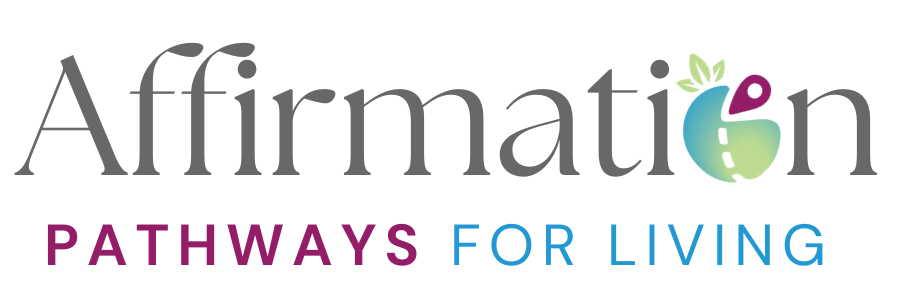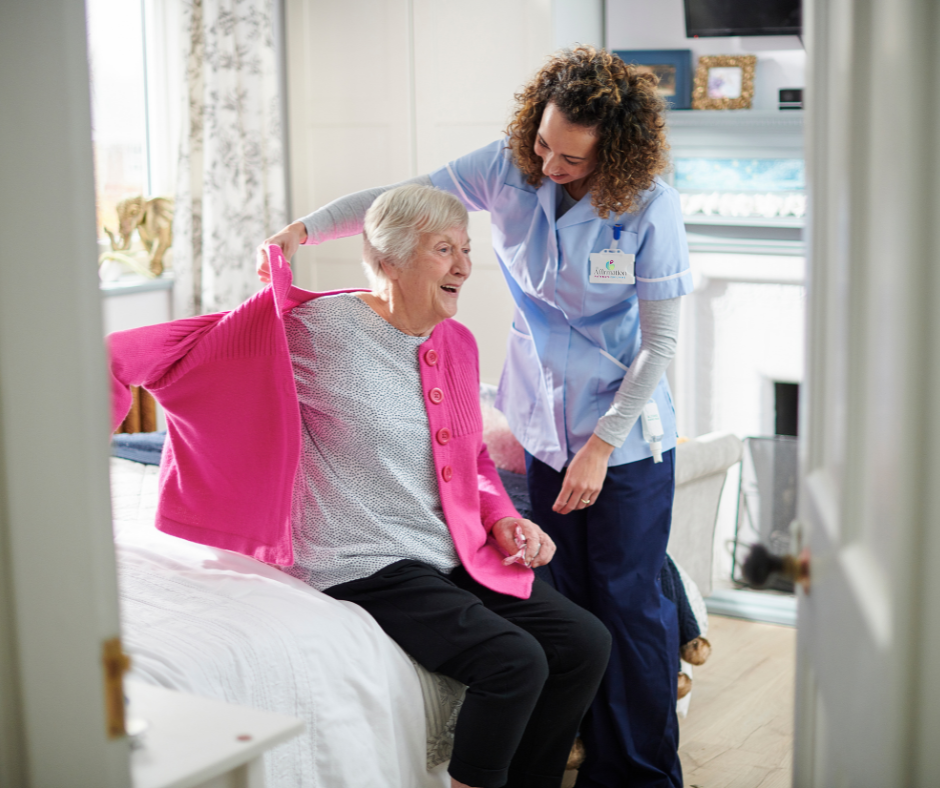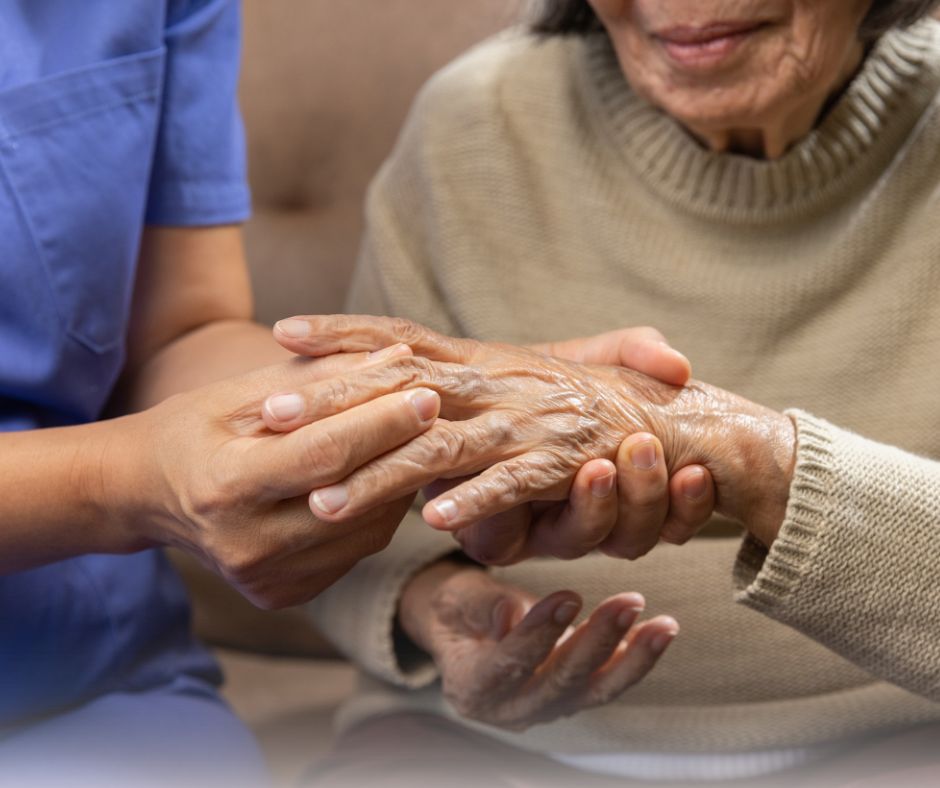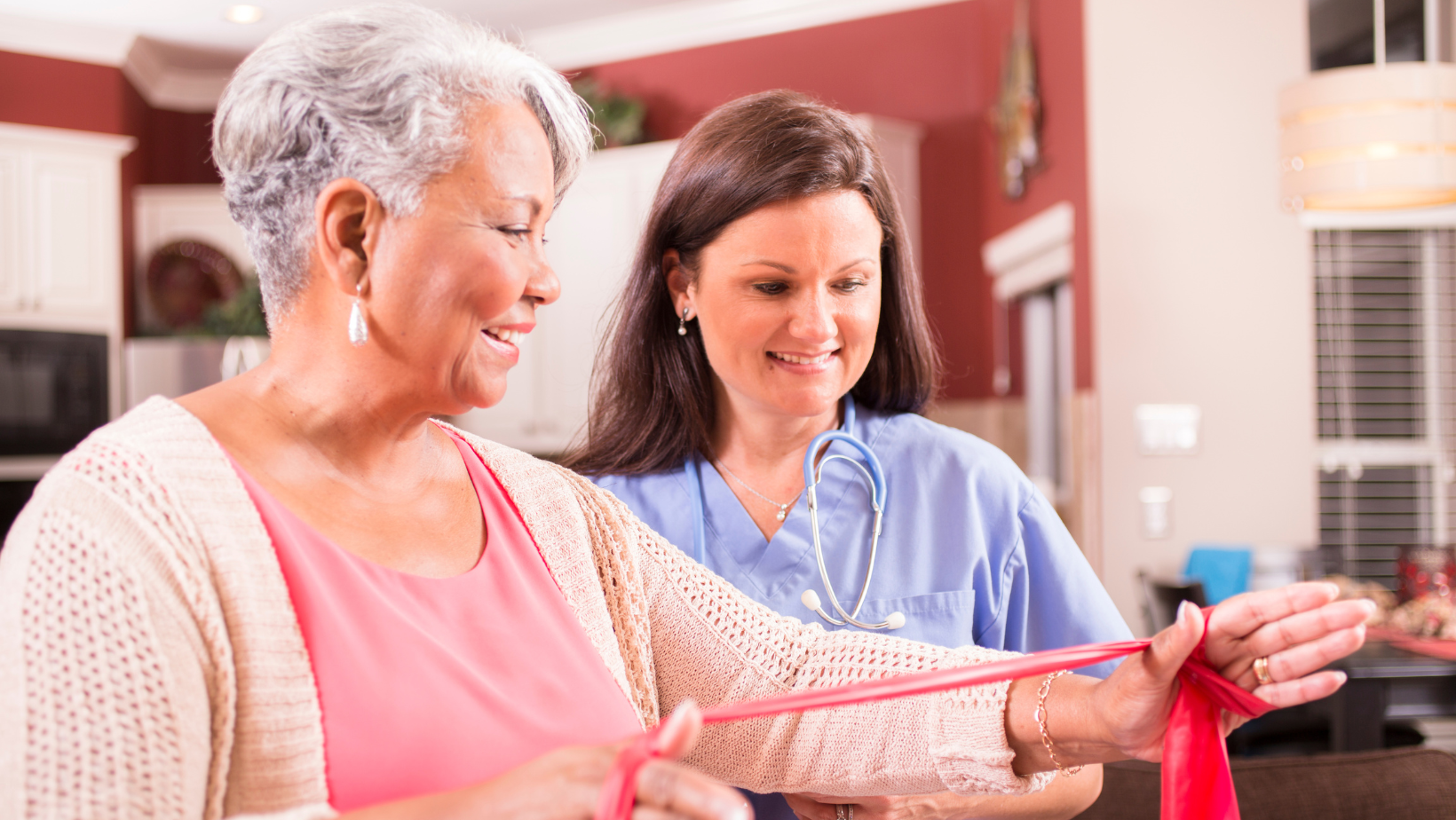Best Yoga Exercises and Stretches for Seniors to Do at Home
As we age, maintaining an active lifestyle becomes increasingly important for our overall health and well-being. Yoga is an excellent way for seniors to stay active, improve flexibility, balance and mental well-being, all from the comfort of their own homes. This blog aims to provide accessible yoga exercises and stretches that seniors can safely perform at home, ensuring they reap the numerous benefits yoga has to offer.
Areas We Serve
- Home care Richmond, VA
- Home care Henrico, VA
- Home care Chesterfields, VA
- Home care Charles City, VA
- Home care Goochland, VA
- Home care Hanover, VA
- Home care New Kent, VA
Read more:
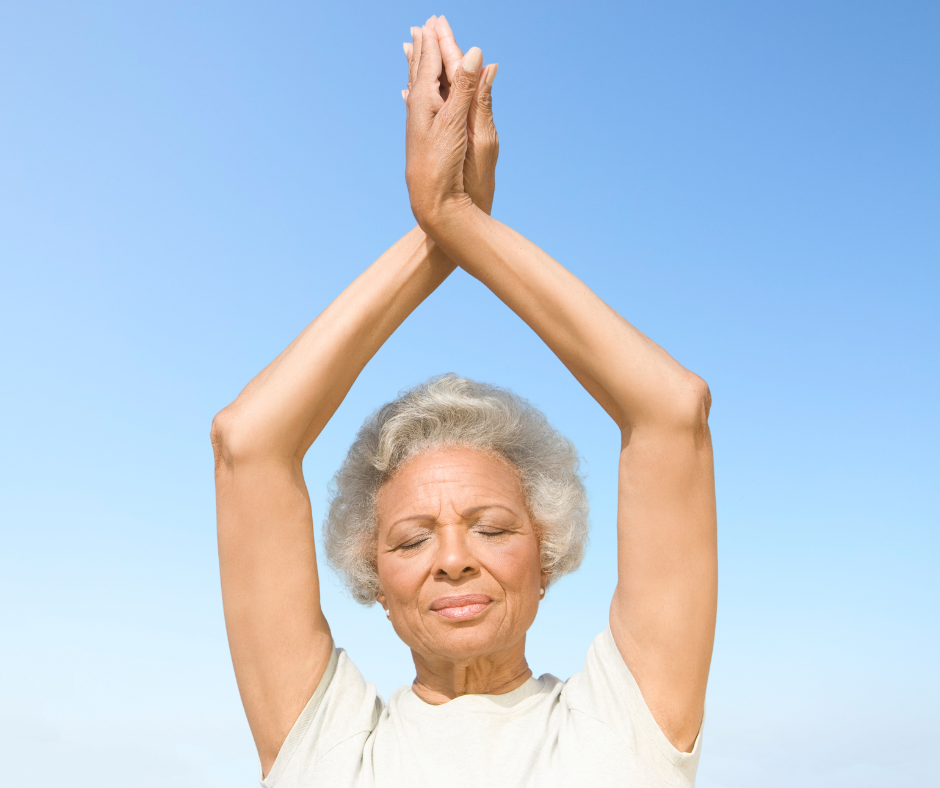
Benefits of Yoga for Seniors
Physical Benefits
Yoga helps improve flexibility, balance and strength while reducing pain and stiffness. Regular practice can enhance mobility and support joint health. For seniors, maintaining flexibility and balance is crucial to preventing falls and injuries. Gentle yoga poses, such as seated stretches or standing poses supported by a chair, can be particularly beneficial. These exercises help in maintaining a range of motion and reducing the risks of osteoporosis and arthritis by keeping the joints healthy and lubricated.
Read more:
- Home Health in Richmond VA: Support Through Stages of Congestive Heart Failure
- Celebrating Our Compassionate Caregivers: National Home Care and Hospice Month
- Honoring CNAs and PCAs: A Tribute to Nursing Assistants Week
Mental Benefits
Practicing yoga can significantly reduce stress, improve mood and promote better sleep. The meditative aspect of yoga encourages mindfulness and mental clarity, which can help in managing the symptoms of anxiety and depression often experienced by seniors. Breathing exercises, or pranayama, are a core component of yoga that aids in calming the mind and enhancing concentration. Furthermore, the relaxation techniques used in yoga can improve sleep quality, which is essential for overall health and well-being.
Social Benefits
Participating in yoga, even virtually, can create a sense of community and enhance overall well-being by connecting with others who share similar interests. Group yoga sessions, whether in person or online, offer an opportunity for social interaction, which is vital for mental and emotional health. Engaging in a common activity can foster friendships and provide a support network, reducing feelings of loneliness and isolation that are common among seniors. Moreover, being part of a community can encourage regular participation and adherence to a healthy routine, further amplifying the benefits of yoga practice.
By integrating yoga into their daily lives, seniors can enjoy a holistic approach to health that nurtures the body, mind and spirit. Whether through gentle stretches, breathing exercises or group classes, yoga offers a versatile and accessible way to improve the quality of life in the golden years.
Read more:
- Celebrating OT Month: Enhancing Lives with Occupational Therapy
- How Home Health Services Enhance Quality of Life of Seniors
- Dementia Home Health Care Services Richmond VA
Preparing for a Home Yoga Session
Consult with a Doctor
Before starting any new exercise routine, it’s crucial for seniors to check with their healthcare provider to ensure it’s safe for them. This step is especially important for those with pre-existing conditions such as arthritis, heart disease or balance issues. A doctor can provide personalized advice, highlight any necessary precautions and suggest modifications to accommodate specific health concerns. This ensures that yoga practice enhances health without risking injury.
Creating a Safe Space
Choose a quiet, comfortable area with enough space to move freely. Ensure the surface is non-slip and free of obstacles. A safe environment is essential to prevent falls and accidents. It's also beneficial to have a dedicated space for yoga that is free from distractions. This could be a corner of a room with natural light and good ventilation. Adding calming elements like soft lighting, plants or soothing music can enhance the ambiance and make the practice more enjoyable.
Essential Equipment
A good quality yoga mat, yoga blocks, straps and comfortable clothing are recommended. These items help with stability and making modifications to poses. Yoga mats provide a cushioned surface that supports joints and helps prevent slipping. Blocks can be used to bring the floor closer in standing poses or to provide support in seated poses, making yoga accessible regardless of flexibility. Straps are useful for extending reach, particularly in poses that involve stretching. Wearing comfortable, breathable clothing allows for ease of movement and prevents overheating. Additionally, having a sturdy chair nearby can be helpful for balance and support, especially for beginners or those with limited mobility.
Read more:
- Why Older Adults Should Talk About Pain
- The Vital Role of Nutrition in Wound Healing | Affirmation
- Assisting with Personal Home Health Care and Hygiene in Richmond, VA
Gentle Yoga Exercises for Seniors
Below are some gentle exercises to help you start your yoga journey. To assist you in learning these exercises and poses, we will include links to YouTube videos that provide detailed demonstrations and instructions. These videos will guide you through each movement, ensuring you perform them safely and effectively.
Now, let's explore some gentle yoga exercises that can help improve flexibility, balance and overall well-being.
Read more:
- Welcome Christina Shaw as the New Clinical Manager at Affirmation
- The Role of a Home Health Care Aide
- In-Home Medication Management for Health & Safety
Warm-Up Routine
Start with gentle movements like neck and shoulder rolls and some general stretches to prepare the body for yoga. This helps to increase blood flow and reduce the risk of injury.
· Follow along with this warm-up video.
Seated Forward Bend (Paschimottanasana)
Standard Version:
- Sit on the floor with legs extended and feet flexed, pointed to the ceiling.
- Inhale deeply, raising your arms overhead and lengthening your spine.
- As you exhale, slowly reach forward towards your toes, keeping your back straight.
- If reaching your feet is challenging, use a yoga strap, belt or towel around your feet to assist.
- Hold the pose for 5-10 breaths, relaxing into the stretch without forcing it. Focus on breathing deeply and evenly.
- Inhale as you slowly rise back up to a seated position, bringing your arms overhead and then lowering them to your sides.
· Learn how to do the Seated Forward Bend.
Chair Modification:
- Sit on the edge of a sturdy chair with your feet flat on the floor, hip-width apart.
- Sit up straight, lengthening the spine and relaxing the shoulders.
- Extend your legs straight out in front of you with heels resting on the floor. If this is uncomfortable, you can keep your knees slightly bent.
- Inhale deeply, raising your arms overhead and lengthening your spine.
- As you exhale, gently hinge at the hips and fold forward, reaching your hands towards your feet. Keep your back straight and lead with your chest.
- If reaching your feet is challenging, use a yoga strap or towel around your feet to assist.
- Hold the pose for 5-10 breaths, relaxing into the stretch without forcing it. Focus on breathing deeply and evenly.
- Inhale to slowly rise back up to a seated position, bringing your arms overhead, and then lowering them to your sides.
· Watch this video for the Chair Modification.
Cat-Cow Stretch (Marjaryasana-Bitilasana)
Begin on hands and knees. Inhale to arch the back and look upward (cow pose) and exhale to round the spine and lower the head to look downward (cat pose). This stretch improves spinal flexibility and posture.
· Follow this Cat-Cow Stretch video.
· Watch this video for the Chair Modification of the Cat-Cow Stretch.
Mountain Pose (Tadasana)
Stand with feet hip-width apart, arms at the sides. Focus on standing tall and balanced. This pose enhances posture and stability.
· Practice the Mountain Pose with this guide.
Tree Pose (Vrksasana)
Stand on one leg, placing the sole of the other foot on the inner thigh or calf (avoid the knee). Use a wall or chair for support if needed. This pose improves balance and focus.
· Learn the Tree Pose step-by-step.
Relaxing Stretches for Flexibility
While the previous section focused on gentle yoga exercises aimed at improving flexibility, balance and overall well-being, this section introduces a series of relaxing stretches specifically designed to enhance flexibility and promote relaxation. These stretches are more passive and restorative, providing a gentle yet effective way to release tension and improve the range of motion. Incorporating these relaxing stretches into your routine can help alleviate stiffness, support joint health and foster a sense of calm and relaxation.
Read more:
- Tips for Convincing Your Elderly Parent to Accept Help
- Understanding the Differences Between Home Health and Home Care
- Outpatient Therapy in the Home Now Offered by Affirmation
Child’s Pose (Balasana)
Kneel on the floor, sit back on the heels, and stretch the arms forward, lowering the forehead to the mat. This pose promotes relaxation and gently stretches the back and hips.
· Try the Child’s Pose with this video.
Reclining Hand-to-Big-Toe Pose (Supta Padangusthasana)
Lie on your back and extend one leg upwards, holding the big toe or using a strap. This stretch targets the hamstrings and improves flexibility.
· Watch how to do the Reclining Hand-to-Big-Toe Pose.
Seated Spinal Twist (Ardha Matsyendrasana)
Sit with legs extended, bend one knee and place the foot outside the opposite thigh. Twist the torso towards the bent knee. This pose aids in spinal flexibility and digestion.
· Follow this Seated Spinal Twist video.
Read more:
- Can Mental Games Help Prevent Alzheimer’s and Dementia?
- Managing Medications: A Caregiver's Guide to Helping Seniors Maintain Independence
- Avoid These Eight Common Mistakes When Caring for Aging Parents
Happy Baby Pose (Ananda Balasana)
Lie on your back, bend your knees towards the chest, and hold the feet with the hands, gently rocking side to side. This pose stretches the lower back and hips.
· Learn the Happy Baby Pose with this guide.
· For a variation of the Happy Baby Pose sitting in a chair, watch this video.
Tips for a Successful Home Practice
Stay Hydrated
Keeping a bottle of water nearby during your yoga session is essential for maintaining hydration, especially if the practice is vigorous or the room is warm. Proper hydration supports overall health, aids in muscle function and prevents dizziness and fatigue during exercise. Drink water before, during and after your practice to ensure your body remains well-hydrated.
Warm-Up and Cool Down
Starting with gentle warm-up exercises prepares the body for yoga by gradually increasing heart rate and blood flow to the muscles. This helps to reduce the risk of injury and enhance performance. Simple movements like neck rolls, shoulder shrugs and gentle stretches can effectively warm up the body. Similarly, ending with a cool-down period allows the muscles to relax and the heart rate to return to normal. Gentle stretches and deep breathing exercises during the cool-down can also help reduce muscle soreness and promote relaxation.
Listen to Your Body
It's crucial for seniors to pay attention to their body's signals and avoid pushing beyond their limits. Yoga is about finding balance and harmony within your body, so it's important to rest whenever necessary and modify poses to suit individual comfort levels. If a pose causes pain or discomfort, stop and adjust or skip it. Using props like blocks, straps or a chair can help make poses more accessible and comfortable.
Follow a Routine
Consistency is key to reaping the benefits of yoga. Setting a regular time for practice can help establish a routine and make yoga a habit. Whether it's first thing in the morning or in the evening before bed, find a time that works best for you and stick to it. A regular practice can enhance physical health, improve mental clarity and foster a sense of discipline and well-being.
Use Online Resources
There are numerous online classes and videos tailored specifically for seniors. These resources can provide guidance and ensure that poses are performed correctly, which is crucial for safety and effectiveness. Look for reputable instructors who specialize in senior yoga and offer modifications for different ability levels. Online resources can also provide variety and inspiration, helping to keep your practice engaging and enjoyable. Joining virtual classes can also offer a sense of community and support, enhancing the overall yoga experience.
Yoga offers a myriad of benefits for seniors, from physical improvements in flexibility and balance to mental boosts in mood and stress reduction. By incorporating these gentle exercises and stretches into your daily routine, you can enhance your overall well-being. Remember, the key to success is consistency and listening to your body. So, roll out your yoga mat and start your journey to a healthier, more relaxed you today! Namaste!
If you are looking for compassionate and professional home healthcare services for a loved one, Affirmation is here to help. Our team of dedicated caregivers is committed to providing personalized care that meets the unique needs of each individual. Whether it's assistance with daily activities, medical support or companionship, we offer a wide range of services designed to enhance the quality of life for your loved one. Contact Affirmation today to learn more about how we can support you and your family on this journey. Reach out to us via our website or give us a call to discuss your specific needs and how we can help. Your loved one's well-being is our top priority.
Read more:
- Navigating Conversations About Senior Driving and Upholding Independence with In-Home Care
- Recognizing the Unsung Heroes: National Caregivers Day and the Impact of Direct Care Workers
- Why Older Adults Should Forget the New Year’s Diet and Embrace Healthy Aging Nutrition
- 6 Common Ailments Physical Therapy Can Help With
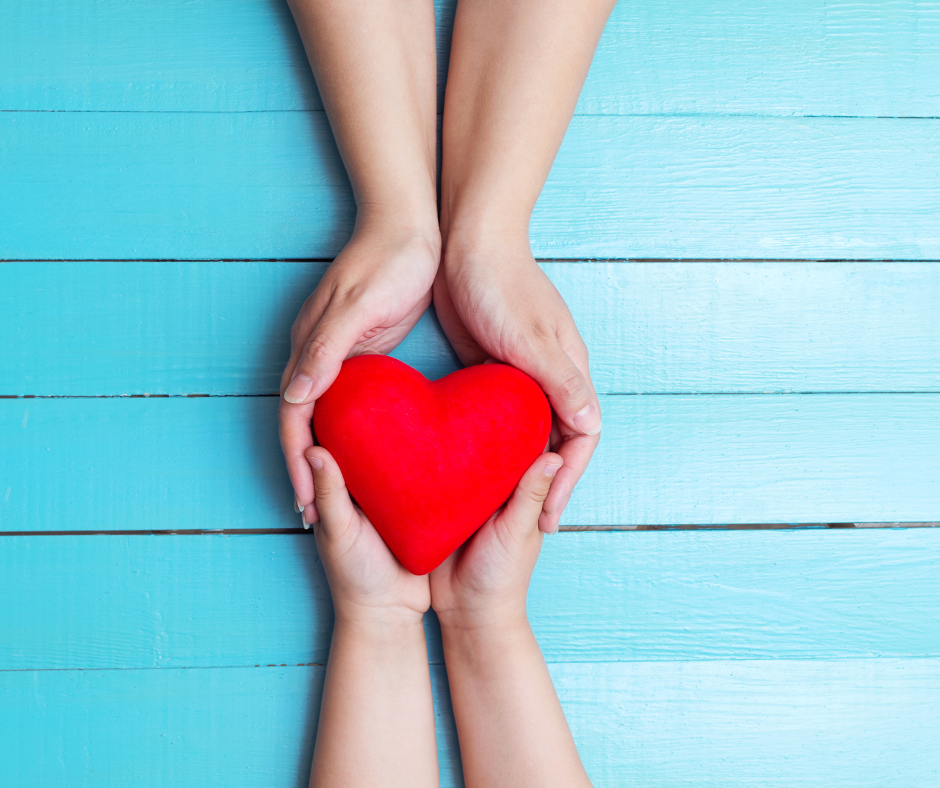
Affirmation is a not-for-profit organization created by LifeSpire of Virginia and Pinnacle Living.
Quick Links
Compassionate In-Home Care in Richmond
All Rights Reserved | Affirmation | Site Built By Rank Rocket Creative Studios

